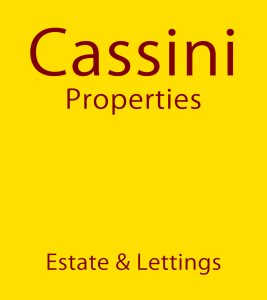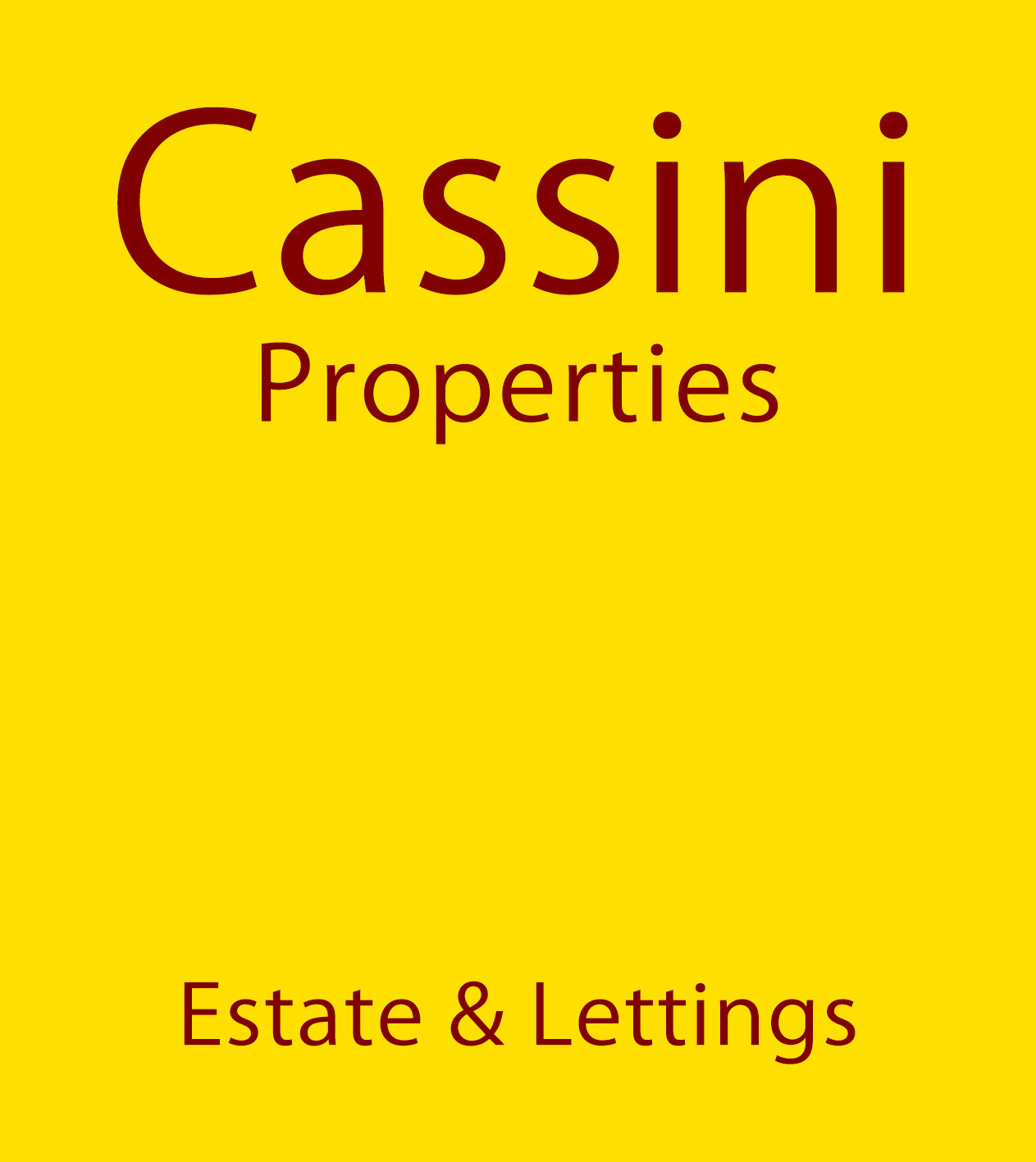Your search results
Freehold V Leasehold
Freehold V Leasehold
If you’re thinking of buying a property, you’ve probably come across the terms ‘Freehold’ and ‘Leasehold’. As two of the biggest types of home ownership, not only do they have different definitions but there’s also a number of pros and cons for each.
What is freehold?
Freehold means that you own the property (both the building and land) outright. You’ll be registered in the Land Registry as the freeholder and own ‘title absolute’.
Key features of freehold:
-
No ground rent to pay
-
You have sole responsibility for the building and land
-
It is the simplest way of selling a property as it includes the land the property sits on
What is leasehold?
Leasehold is often thought to be more complex and is more common when talking about apartments. The freeholder owns the building and land but homebuyers can buy a lease for a property from them. Many new builds are being sold as leasehold and mortgage lenders can be wary about lending on a property with a short lease, so it’s important to check out the situation.
Key features of a leasehold:
-
A leaseholder buys a property lease from the freeholder
-
The contract between the freeholder and leaseholder states the legal requirements
-
The freeholder is generally responsible for maintaining common areas
-
The leaseholder will be responsible for the initial purchase price, ground rent, service charges, maintenance charges and building insurance
-
Leaseholders can’t carry out any major work on the building without gaining permission from the freeholder
-
Leaseholders may also have to abide by other restrictions such as pet ownership
-
Leaseholders can legally take over the property management by claiming ‘Right to Manage’
The leasehold document is a legal document that contains specific details such as the length of the lease, service charges, ground rent, and any legal obligations. It will also detail permitted rent increases.
What are service charges?
Leaseholders are responsible for paying service charges to the freeholder. This covers the management of the property, maintenance, and insurance. Properties with a concierge, gym and resident benefits will often have higher service charges.
What is ground rent?
Ground rent is paid annually to the freeholder and represents ‘rent’ for the land that the property is on. The exact amount varies between properties but some leasehold agreements may detail how much the ground rent can increase.
Any increases in ground rent on a leasehold property must be stated in the leasehold document. As a buyer, it’s important to review all this information as it could impact the cost of the leasehold property in the future.
Conveyancing fees
As a result of the complex nature of buying a leasehold property, legal fees are often higher than when buying a freehold property.
Freeholders V Leaseholders
As with any business relationship, a little amount of friction is normal between freeholders and leaseholders. For example, freeholders may complain about leaseholders breaching their agreement if work is started without permission and leaseholders often argue that freeholder fees are excessive.
What is the right to manage?
Right to Manage allows a leaseholder to manage the building even if the freeholder does not agree. In the event of this, the freeholder will still own the building but the leasehold property owner will create an RTM company, managing all aspects of the building.
A sinking fund
A sinking fund is used to describe a separate fund that is used to pay for any major work. While it may not be included in the leasehold agreement, many leaseholders are required to pay into the fund. Freeholders must liaise with leaseholders regarding any work over £250.
Leasehold length and declining value
When buying a leasehold property, it’s important to remember that the lease length will affect the property value. Once a lease expires, property ownership returns to the freeholder. While it is possible to extend the lease, it can be costly. As well as this, there’s also a number of legal factors associated with extending leases.
Extending leases on flats and houses
-
The applicant must have owned the property lease for two years minimum
-
The lease can be extended up to 90 years for flats and 50 years for houses
-
Once a lease has been extended on a flat, the leaseholder doesn’t have to pay ground rent to the freeholder
-
A leaseholder must notify the freeholder that they would like to extend the lease. The freeholder can accept, decline or negotiate this
-
Extending a lease on a flat costs, but there is no charge for extending a freehold lease on a house
When shouldn’t a lease be extended?
As a general rule of thumb a property with a lease under 90 years should be extended. However, there are some circumstances when extending the lease may not be worth the hassle.
-
You are struggling for cash and won’t be able to re-mortgage
-
You’re likely to move out of the property soon
-
You’re planning to buy the freehold
-
You’d like to live in the property for your remaining life and the lease is long enough for that to happen
Top tips for buying a leasehold property
-
Be very clear about the length of lease you want to buy
-
If the lease is less than 90 years, consider extending it
-
Be aware of any fees as well as possible increases
-
Check the lease to see whether you are allowed to rent out your property
How to buy the freehold for a leasehold property
Occasionally leaseholders are allowed to purchase the freehold of a property. This will allow them to have a say over the building management and costs. However at least 50% of the leaseholders in the building need to agree to buy a share.
Another way for leaseholders to own the freehold is to set up a commonhold. This mean that every flat owner owns the individual freehold of that flat. Communal areas in the building are maintained by the Commonhold Association, a company owned by all freeholders.
Shared freeholds are similar to commonholds and describe all leaseholders owning the freehold together. Management of the building is then shared by all leaseholders involved.
Looking to buy a leasehold or freehold property? Get in touch with Cassini Properties Estate and Lettings today.





